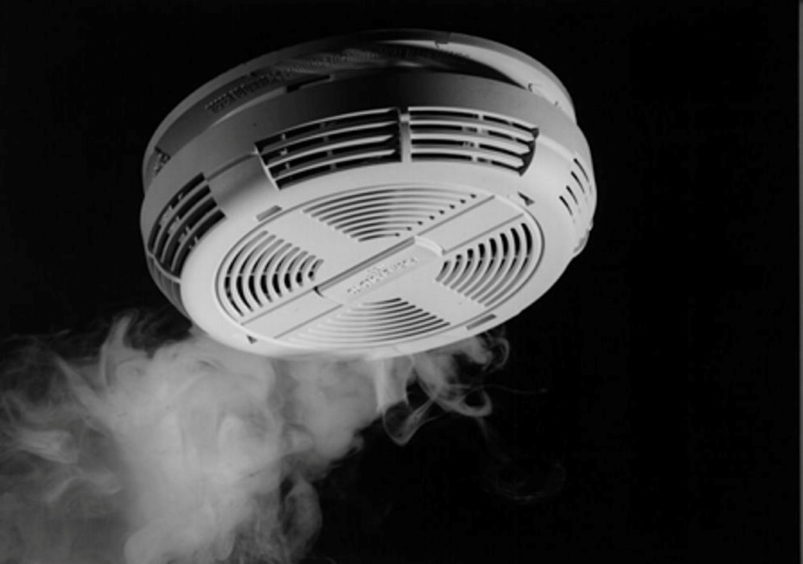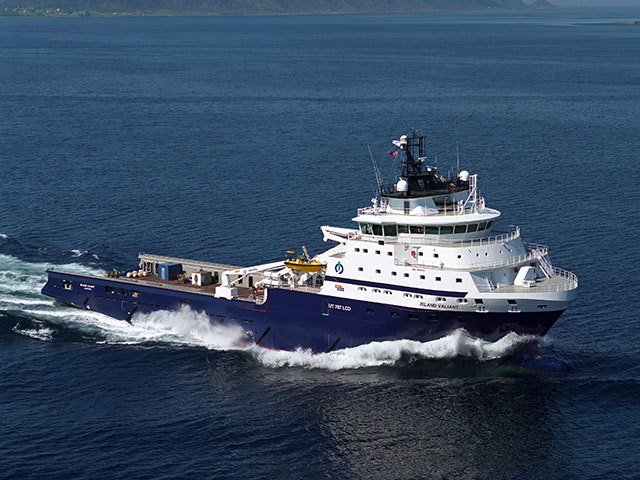
A new monitoring system, dubbed the “smoke alarm for the sea”, could detect oil and gas leaks within North Sea wells.
The environmentally- friendly technology is designed to track the long-term integrity of suspended or decommissioned oil and gas wells underwater.
Called Swift, the monitoring system has been developed as part of a collaborative project involving Sentinel Subsea, Heriot-Watt University and the Oil and Gas Innovation Centre (OGIC).
According to Heriot-Watt University, the North Sea has approximately 11,000 oil and gas wells with 2,379 expected to be decommissioned over the next ten years.
Professor David Bucknall, of Heriot-Watt University, said: “The Swift compound we are developing cannot be found naturally in the environment as this could cause a false positive detection but must, at the same time, be completely non-toxic and non-hazardous to allow it to enter the sea environment from the well.
“We also need to ensure that it does not react with any of the materials and compounds that exist in the wells already.”
The monitoring system should detect leaks in wells through a “selective tracer-trigger reaction” within the technology that will then cause a buoyant beacon to detach and, on breaching the sea surface, communicate via satellite with its base station, alerting the need for further investigation of the specific well to which that beacon was assigned.
Designed to act like a “smoke alarm for the sea”, the system will be capable of detecting even small leaks.
Neil Gordon, chief executive of Sentinel Subsea, said: “Environmental assurance and cost reduction are the two cornerstones of well decommissioning.
“It is vital that the North oil and gas industry can ably demonstrate proactive, best practice of environmental stewardship to all stakeholders throughout the late life and decommissioning process, whilst working towards the Oil and Gas Authority’s reduction target of 35% on current cost projections.”
Recommended for you
